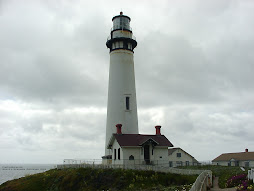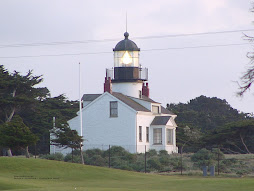When is the last time you checked your smoke detector? The one on your boat, I mean. There's a very good likelihood you don't have one. Yet, this little marvel of the electronics age, priced at under ten dollars, could mean the difference between surviving a boat fire, or not. Placed on a side bulkhead of the cabin, at least 12 inches below the overhead, smoke detectors will provide a margin of safety in providing early warning of a smoldering fire.
And, when are you going to reconnect that pesky carbon dioxide monitor? Yeah, the small box on the cabin bulkhead that keeps going off when you're running your engines at the dock, or your generator at anchor. Since carbon monoxide is colorless, odorless and tasteless, there's not much chance you will know you're being poisoned. And the symptoms are similar to overexposure to the sun; headache, dizziness, flush skin, nausea, and disorientation. That's not much help either. But, when these symptoms persist, there's a distinct likelihood you will never know you're on the way to Davy Jones' Ball.
Okay, and there's that darn fire extinguisher bottle in the bilge. I guess it's okay, since it's still there. Whoa. Is that your automatic halon system we're talking about? Weighing at least twice annually is the only way to be sure it's charged and ready to go. And, how about those hand portable fire extinguishers? Are the tags up to date and are they ready for service? As a tip: Turn your dry chemical extinguishers upside down occasionally, and if they are in sound condition, tap gently with a rubber mallet around the cylinder. This loosens up the powder, which will tend to compress and cake in some cases.
Finally, when is the last time you checked your dock lines? No, I mean really looked at them closely? Dock lines have the tendency to become abraded, sun dried and frayed, making their integrity questionable. Replace your dock lines with good quality line at regular intervals. Follow the line manufacturers recommendations for working load and breaking strength. Buy the best quality lines you can afford. It seems foolish to spend tens of thousands of dollars on a boat, and try to secure it against natures ravages with a ten dollar line.
As a final comment, concerning quality, and getting what you pay for, I often say "After you jump, it's too late to wish you bought the better parachute." The same holds true for anchors, anchor lines, dock lines and safety equipment. After all, you never heard anyone complain that their parachute worked too well, did you?
Safe Boating!
Top 60 Boating Tips by Boating Magazine
Wednesday, August 20, 2008
BOATING SAFETY
Labels:
boating safety,
carbon monoxide,
fire extinguishers,
lines,
ropes,
smoke detectors
Subscribe to:
Post Comments (Atom)









No comments:
Post a Comment